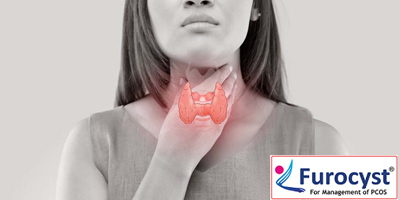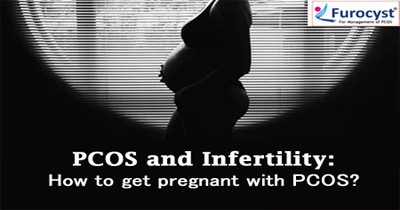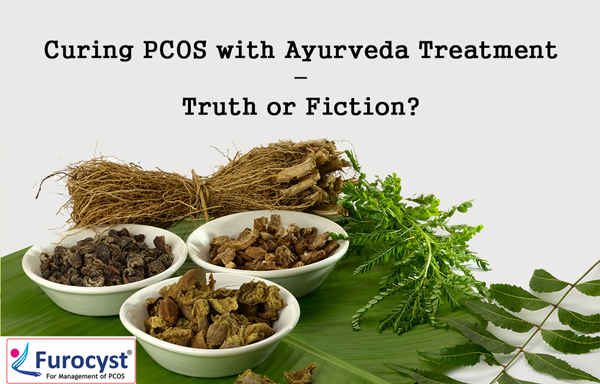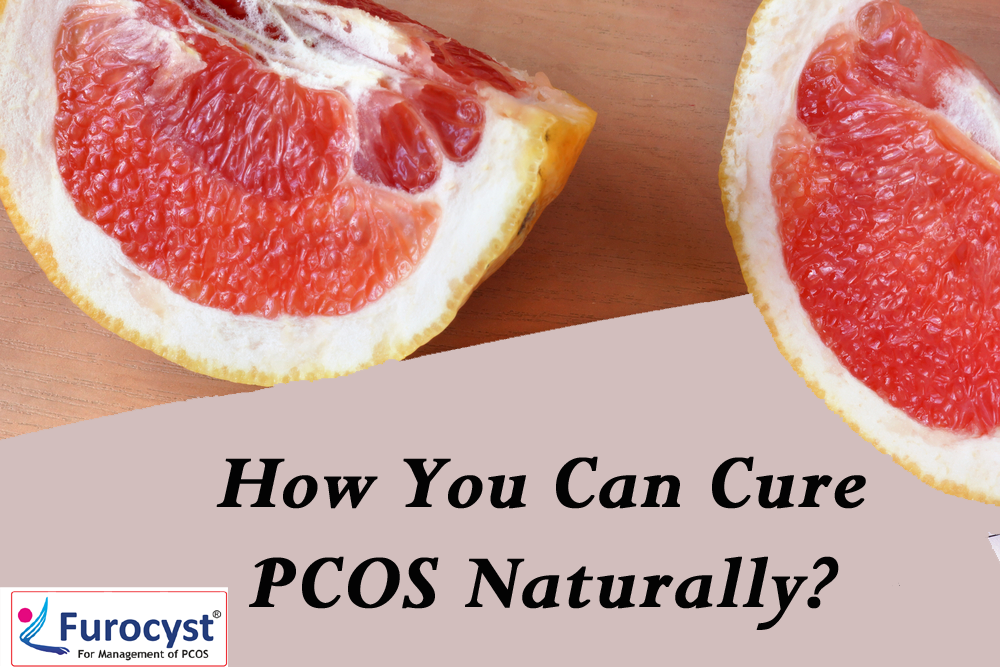People have abundant questions in their minds about an essential supplement called magnesium, and we too are very intrigued about the excellent benefits of magnesium for PCOS.
So, in this article, you will come to know the reality of magnesium for PCOS patients.
Magnesium is a crucial mineral that you will get with the help of a good diet. According to the reports, its deficiency is surging in various developed and underdeveloped nations after vitamin D.
The reason behind it is that our soil is getting depleted in magnesium, that’s why you are not getting this mineral from food which you intake.
If you talk about the human body, it is the fourth common mineral which body needs, and the women who are suffering from PCOS are not getting this mineral in sufficient quantity.
According to the latest study, which was conducted by the Journal of Gynecology and Endocrinology, it was found out that around 19% of the women who are suffering from PCOS have a magnesium deficiency.
Benefits of magnesium for PCOS: –
- Helps in generating and transporting energy from the body
- Calms the adrenal glands
- Helps in relaxing muscles so that twitching or spasms can be prevented
- Transmits the nerve signal to the brain
- In critical processes in the body, it acts as a cofactor
- It is beneficial in DNA replication and RNA transcription
Why women who suffer from PCOS lack Magnesium?
The diet of western civilization doesn’t have appropriate magnesium which, as a result, generates its deficiency in both women and men. According to the report of the World Health Organisation, around 75% of the Americans don’t intake sufficient magnesium.
There are many factors by which the intake of magnesium for PCOS is very less. They are: –
- Soil concentration is very poor
- Eating fewer fruits and vegetables
- Stress
- Alcohol
- Various kinds of medications
- Taking other vitamins and minerals in high quantity
- Women intake high protein food
- Intake of oxalic acid and phytic acid
Now, let us talk about the benefits of magnesium to assist the women who are suffering from PCOS: –
Helps in preventing migraines
The mineral called magnesium is very well-known for treating headaches and migraine pain. This mineral helps the body to relax blood vessels so that they don’t narrow down, and it also prevents small clots that contribute to migraine tension.
Improves mood
The women who are suffering from PCOS can suffer from anxiety. If she is suffering from this issue, it is due to magnesium.
Offers PMS relief
In relieving the various symptoms of PMS, it plays an essential role by which you can treat it. If you take 250mg magnesium daily, you can get rid of varied symptoms that can occur due to PMS.
Helps in relieving chronic pain
Interestingly, magnesium for PCOS is beneficial in relieving pain while reducing inflammation.
What are the signs by which you come to know that your body is deficient with this mineral?
Every other woman who is suffering from PCOS is unique, but these are the common signs that show whether your body is lacking in magnesium: –
- Finding difficulty in sleeping
- Painful menstrual cycle
- Regular headache
- Cramping or muscle pain
- Like to eat sweets at frequent intervals
- Stones get developed, and bones get brittle
- High BP
- Loss of memory
- Energy levels get low
- Frequent mood changes
Magnesium for PCOS is a water-soluble mineral. So, consume this mineral with profound care as its excess consumption results in diarrhea, stomach pain, dehydration, etc. Control the chances of PCOS by eating more magnesium-rich diet.




































